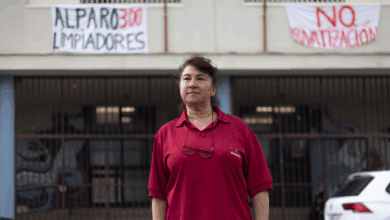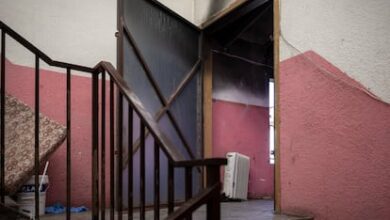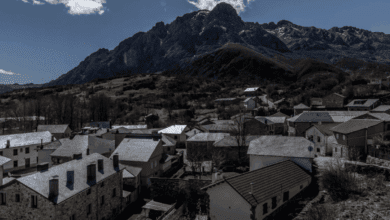
With the start of the olive harvest season in Jaén province, a familiar scene repeats itself: dozens of people, mostly migrants, are forced to sleep right on the city streets. Despite annual promises from officials, the problem of housing for seasonal workers remains unresolved. For several weeks in a row, groups of people have been seen in downtown Jaén spending the night in shopping arcades, near ATMs, at the bus station, and even in tunnels beneath the city fair square.
This year, the influx of those seeking olive-picking jobs began earlier than usual. The early end of the grape harvest in Castilla-La Mancha led many migrants to head for Andalucía in search of new work. However, the city’s infrastructure was unprepared for such a surge. Municipal shelters opened late, and even then, the number of available places falls short of actual needs. As a result, at night, dozens—and sometimes hundreds—of people are left on the streets.
Authorities argue while people freeze
Local authorities and the regional government cannot reach an agreement on funding or the schedule for the shelters. The Jaén City Council claims it has to use its own resources since the allocated funds only cover part of the season. Meanwhile, regional officials insist that providing shelter is the responsibility of the municipality. As politicians argue, the burden falls on social organizations and volunteers, who help those sleeping rough with food and warm clothing.
Makeshift settlements have already appeared in the city center: in the area near the La Alameda health center, several dozen people have set up temporary shelters from whatever materials they can find. As temperatures drop, the situation grows even more serious, since spending the night outside is increasingly dangerous for their health.
Seasonal work and social tensions
Provincial authorities report that 14 shelters for seasonal workers have been opened this year, offering a total of 557 beds. However, most of them only start operating in mid-November, when the season is already in full swing. Last year, more than 5,000 people used the shelters, with overnight stays exceeding 12,000. Despite these numbers, the same scenario repeats every year: newcomers are forced to wait outside for the shelters to open, while local residents and business owners express frustration over the situation.
Regional officials point out that there are enough unemployed locals in the province to meet the needs of the agricultural sector and urge migrants not to come without prior work agreements. However, in practice, the demand for seasonal workers remains high: this year alone, nearly 4 million workdays are expected during the olive harvest.
Emergency measures and outlook
In response to the worsening situation, authorities in Jaén and nearby cities like Úbeda have been forced to open additional temporary shelters and house people in hotels. But these solutions are only temporary and do not address the root of the problem. Funding for support programs is shrinking, while the number of people in need is not declining. As officials debate responsibilities and funding, seasonal workers continue to sleep outdoors, hoping next year will bring change.












